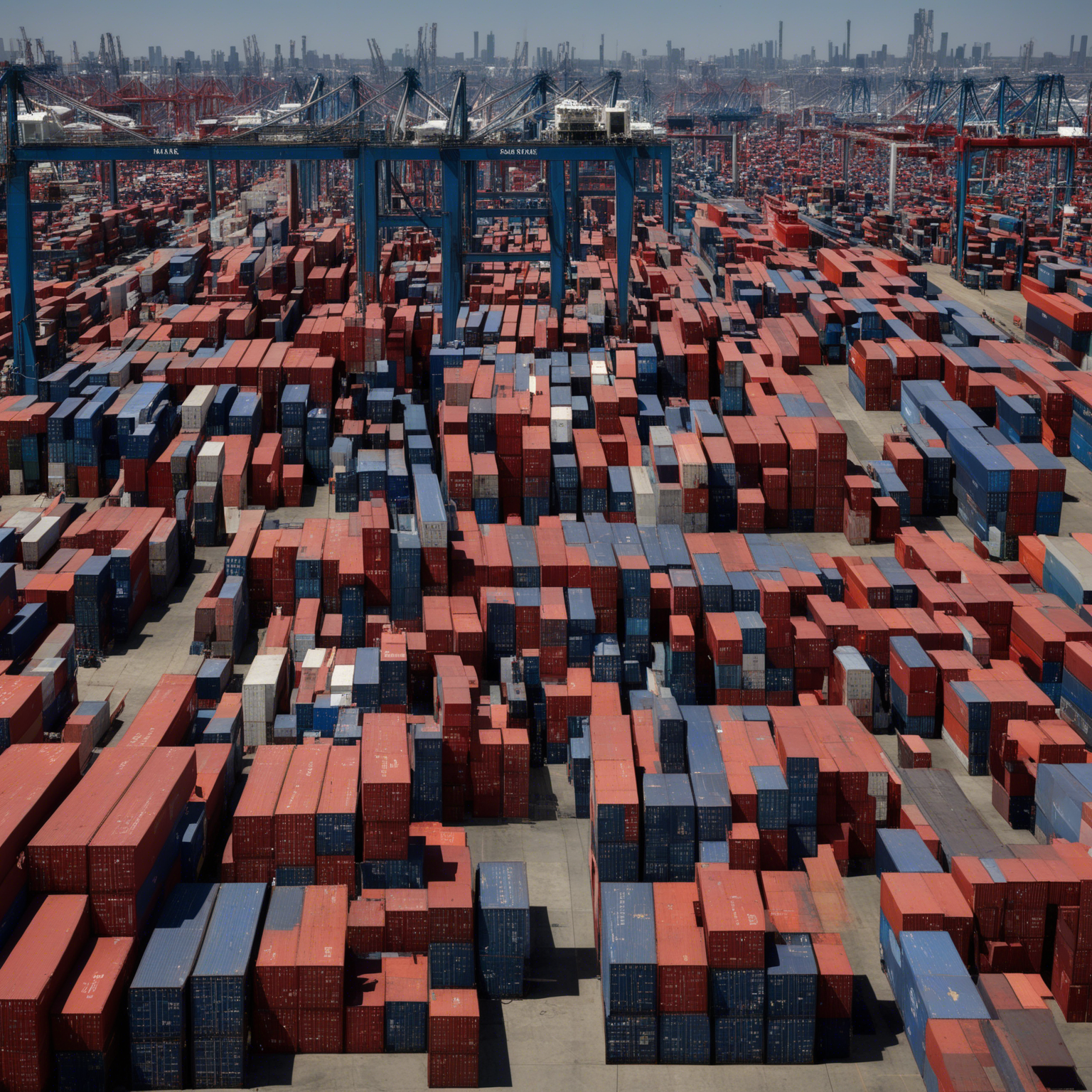
Alors que le Congrès débat d'une nouvelle résolution visant à financer rapidement le gouvernement fédéral pendant quelques mois, la Chambre a adopté hier une résolution regroupant plusieurs projets de loi. Dans…

28 FÉVRIER 2025 | L'engagement du président Donald Trump d'instaurer des droits de douane 25% draconiens sur les importations en provenance du Canada et du Mexique entre en vigueur ce mardi 4 mars. Bien que l'équipe de Trump ait utilisé...

Washington, DC – Au cours du week-end, le président Trump a annoncé que des droits de douane de 25% seraient appliqués aux marchandises en provenance du Canada et du Mexique à compter du 4 février. Des droits de douane similaires seraient appliqués aux importations chinoises à hauteur de seulement 10%.

WASHINGTON, DC – Alors que le prochain Congrès prend forme suite à la victoire électorale du président Trump et au renforcement du contrôle républicain du Sénat et de la Chambre des représentants, il est probable qu'il y ait...